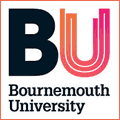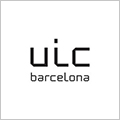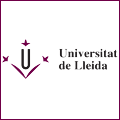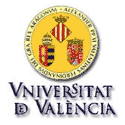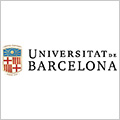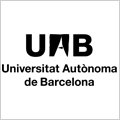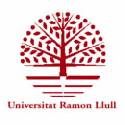Bachelor in Biomedical Science - Grado Ciencias Biomédicas
-
Imparte:
-
Modalidad:Presencial
-
Precio:Unlimited number of Scholarships available for next academic year
UK/ROI/Channel Islands: £9,250 per year
International: £18,800 per year -
Comienzo:Septiembre 2026
-
Lugar:Bournemouth
Reino Unido -
Duración:3 Años
-
Titulación:BSc (Hons) Biomedical Science (with Foundation Year option)
Biomedical science forms an important component of medical science, informing, supporting and improving human healthcare and medicine. It is a broad-based science degree which studies the biological mechanisms of human health and disease.
The entry requirements for this course are 104 - 120 UCAS tariff points including a minimum of two A-levels or equivalent.
Numeracy and Literacy requirement: GCSE English and Mathematics grade 4 (or grade C in the old grading system). We also accept iGCSEs, Key Skills and Functional Skills and other qualifications at Level 2 of the National Qualifications Framework.
A-level and AS levels: 104 – 120 UCAS tariff points from a minimum of two A-levels.
Advanced Welsh Baccalaureate – Skills Challenge Certificate: We accept this qualification, but it must be accompanied by an A-level sized qualification to meet the overall UCAS tariff.
Access to HE Diploma: 102 – 118 UCAS tariff points with any combination of Distinction, Merit, Pass grades.
International entry requirements
English language requirements
If English is not your first language, you will need to provide evidence that you can understand English to a satisfactory level. English language requirements for this course are normally:
If English is not your first language you´ll need IELTS (Academic) 6.0 with a minimum of 5.5 in each component, or equivalent. For more information check out our international entry requirements.
Study strategies of research, new discoveries and principles of new technologies for more effective analysis and precise interpretations of health and disease
Understand the theories, concepts and principles relevant to different disciplines in biomedical sciences as well as the wider application of these to address societal needs
Develop skills to evaluate scientific literature to understand how evidence-based decisions are made in biomedical sciences and how to conduct your own biomedical science research
Complete a 30-week placement in year three to experience some essential and fascinating insights for your future career
Foundation year
Core units:
Academic Study Skills
Applied Sciences
Introduction to Biology
Introduction to Psychology
Mathematics in Science
Foundation Year Project
Year 1
Core units:
Biomedical Research Skills
Introduction to Immunology
Introduction to Molecular Genetics
Cell Biology
Human Anatomy & Physiology
Chemistry
Year 2
Core units:
Advanced Immunology
Introduction to Pharmacology
Advanced Skills for Biomedical Science
Biochemistry
Advanced Cell Biology
Optional units:
Introduction to Toxicology
Osteomechanics
Optional placement year
You may choose to complete an optional minimum 30-week work placement which can be carried out anywhere in the world. The placement year offers a chance to gain experience and make contacts for the future.
Final year
Students are required to complete 2 core units (including 40 credit Biomedical Research Project), and 3 optional units.
Core units:
Biomedical Research Project
Pathophysiology
Option units (choose 3):
Advanced Topics in Genetics
Advanced Systems Biology
Advanced Pharmacology & Toxicology
Biomolecules
Parasitology & Epidemiology
Your degree will be centred around developing the skills you need to work in professional practice, as well as equipping you with a variety of transferable skills that will give you a range of career options, such as working "behind the scenes" in a medical environment, for example in a path lab in a hospital.
Alternatively you may want to progress your particular area of interest, either by making an original contribution to knowledge in your field by undertaking Doctoral study (PhD), or by working in a research organisation as a research scientist.
Our staff have a wealth of research, educational and professional practice experience and are therefore well-placed to ensure you are ready for the world of work once you graduate.
